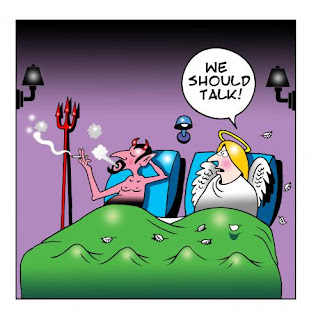
Always
Usually
Often
Sometimes
Hardly ever
Never
The adverbs of frequency comes after the verb to be
She is always happy
If the sentences is negative, the adverbs of frenquency comes after the auxiliary
I don´t usually drink beer
In sentences interrogatives:
Auxiliary+pronoun+adverb+verb+complement
Does he often practice baseball?
Do you always sit in the same place?
Is Luisa never going to stop talking?
Do you ever go hiking?
- Use hardly ever and never only in affirmative sentence






